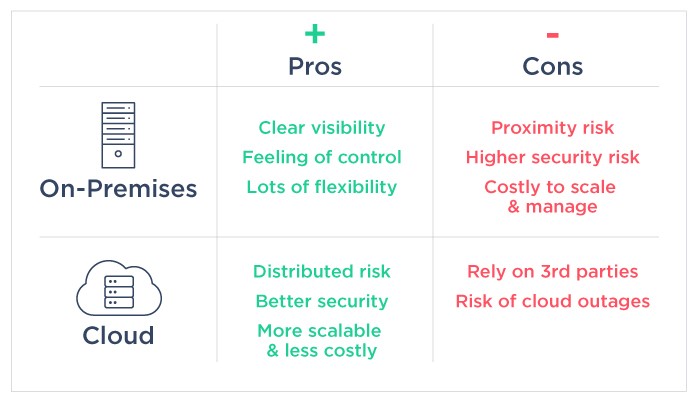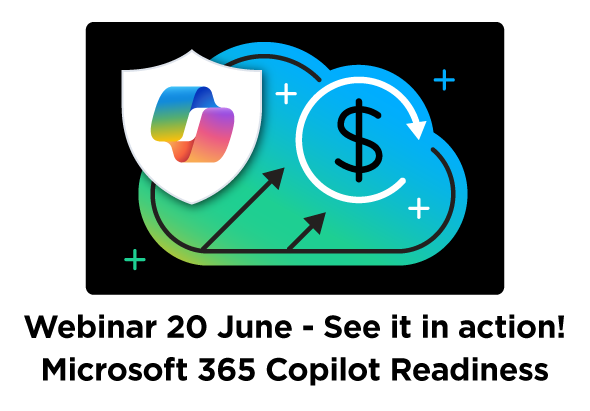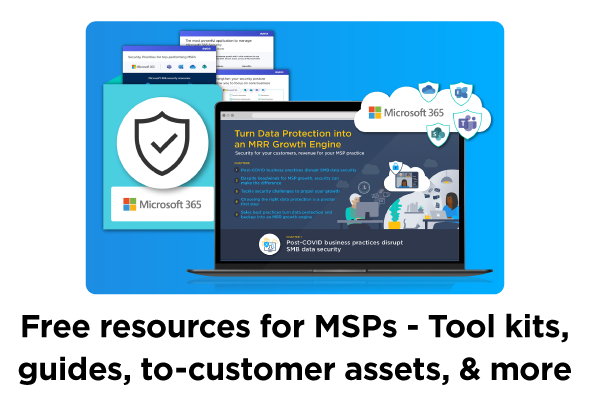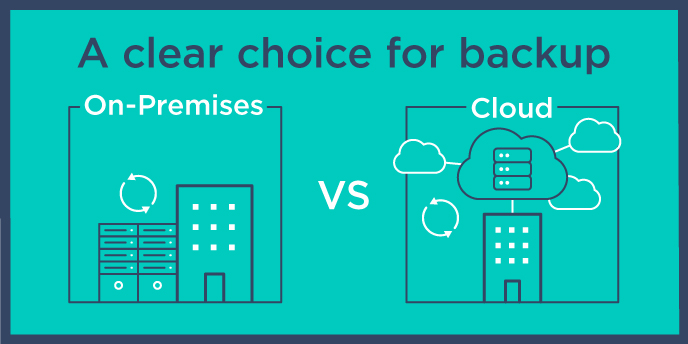As a managed service provider, one of your top concerns is keeping customers’ data secure – which means managing the backup of that data on a regular basis. With two very different solutions to choose from – on-premises and cloud backup – how do you decide which is best for your customers? Let’s take a closer look at each to get a clear picture of which is best.
On-Premises Backup
An on-premises backup solution stores data where customers are, which inspires confidence that it will stay secure on hard drives in the office. This gives customers the impression that data will stay safe as well as promotes a feeling of control, because they can scale up or down with hardware. on-premises customers also decide when data is backed up, how often backups occur, and what and when information gets backed up. Customers then have a perception of flexibility. However, it does present several drawbacks.
Because backup data is stored in the office space, it’s at risk in the event of a disaster, like a fire or flood. The prospect of the total loss of data bolsters the argument in favor of cloud backup.
On-premises backups are also at a higher security risk because they have fewer safeguards than solutions based on public cloud infrastructures, such as Microsoft Azure. Fewer safeguards means easier access for malicious actors. From a cost standpoint, managing on-premises backup can be costly to scale as it requires buying more hardware and it takes more time to manage that hardware on site. MSPs need to be at every customer’s site testing and maintaining equipment with this solution.
Cloud Backup
Cloud backup offers a host of benefits including enhanced security, scalability, efficiency, and quick recovery in the event the backup data is needed.
Better security protocols, encryption, software patches and updates means better security for MSP customers in the cloud. Backup solutions stored on public cloud providers also offer better access to data for both MSP customers and vendors – this is especially relevant when the source data itself is from a cloud service like Office 365. While on-premises solutions largely operate on an outdated security concept of perimeter-security, cloud solutions implement a more holistic approach spanning physical, application and network security – generally described as “Zero Trust” security. In fact, even on just physical security -such as policies governing access- cloud vendors are able to provide levels of security that can satisfy even stringent government security requirements. Thanks to data center geographic redundancies, information in the cloud is at much less risk to natural disasters.
In the cloud, businesses can scale easily and have the power to move data quickly and efficiently all over the world. Growing businesses have unlimited cloud storage with no hardware hassles and they pay only for what they need. MSPs can rely on their cloud backup vendor to help them easily manage backup installation since it can be handled at a platform/service level rather than at the individual customer level.
All of these factors add up to better use of company resources because there’s no hardware to manage and using software is cheaper than hardware over the long term. MSPs gain time and money by reducing the need for on-site visits because there’s no hardware to maintain, and customers gain flexibility in storage options, as they can always opt to store data in a deep archive to save costs. In the event that backup data is needed, recovery times are fast so businesses don’t suffer long downtimes and can be up and running again quickly.
Like any solution, cloud backup isn’t perfect and has some drawbacks. For example, there is still a security risk, as nothing is foolproof. Although a recent survey shows that 61% of security professionals believe security risks are the same or lower in the cloud versus on-premises. Furthermore, using a cloud solution requires MSPs and their customers to rely on third parties to maintain privacy, security, and infrastructure maintenance. Outages in the public cloud are rare, though every major vendor has had disruptions in recent years.
Not surprisingly, public cloud vendors like Azure are entrusted more and more with complex IT, software, and infrastructure support, thanks to their reliable privacy and security measures. It’s often better to rely on specialized third-party experts to ensure everything is managed correctly.

A Clear Choice
When it comes to backups of critical customer data, especially productivity solutions such as Office 365, MSPs will find that adopting a cloud-based solution has significant advantages over on-premises backup. The cloud allows them to efficiently grow and scale their businesses and offers them the best security for end customers. MSPs can rely on cloud backup vendors such as SkyKick to provide some of the best cloud backup solutions available. More information can be found in SkyKick’s eBook, “Protect Your Office 365 Experience With Cloud Backup.”


